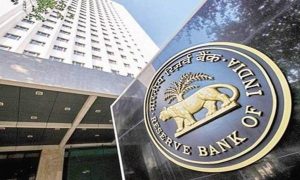While passenger transportation services provided by auto-rickshaw drivers in manual or offline mode will remain exempted, services provided through any online marketplace will be tax-deductible at a rate of 5% beginning January 1, 2022.
New Delhi: If you use Ola or Uber frequently, expect to pay more for the services you use. From January 1, 2022, the government has announced that auto-rickshaws offered through online platforms will be subject to a 5% GST. The GST exemption for auto-rickshaws that provide passenger transportation services on internet platforms was cancelled by the Revenue Department, which is part of the Finance Ministry, in a statement.
While passenger transportation services provided by auto-rickshaw drivers in manual or offline mode will remain exempted, services provided through any online marketplace will be tax-deductible at a rate of 5% beginning January 1, 2022.
This modification will have a direct impact on e-commerce industry firms that supply a significant number of auto rickshaw drivers with an online platform for connecting with riders. Because of its less expensive, more convenient, and more flexible method of arranging rides, the e-commerce business has carved itself a very important niche in the market for facilitating passenger transportation services.
On the other hand, experts believe that it may send the incorrect signal to multinational corporations trying to extend their services in India. Instead of giving a level playing field, such levies will prevent individuals from making use of the convenience of auto booking services provided by these apps.
“The newly included clause would make rides booked through e-commerce platforms more expensive, resulting in tax discrepancy for the same service when supplied offline versus online,” EY India Tax Partner Bipin Sapra told PTI.





































